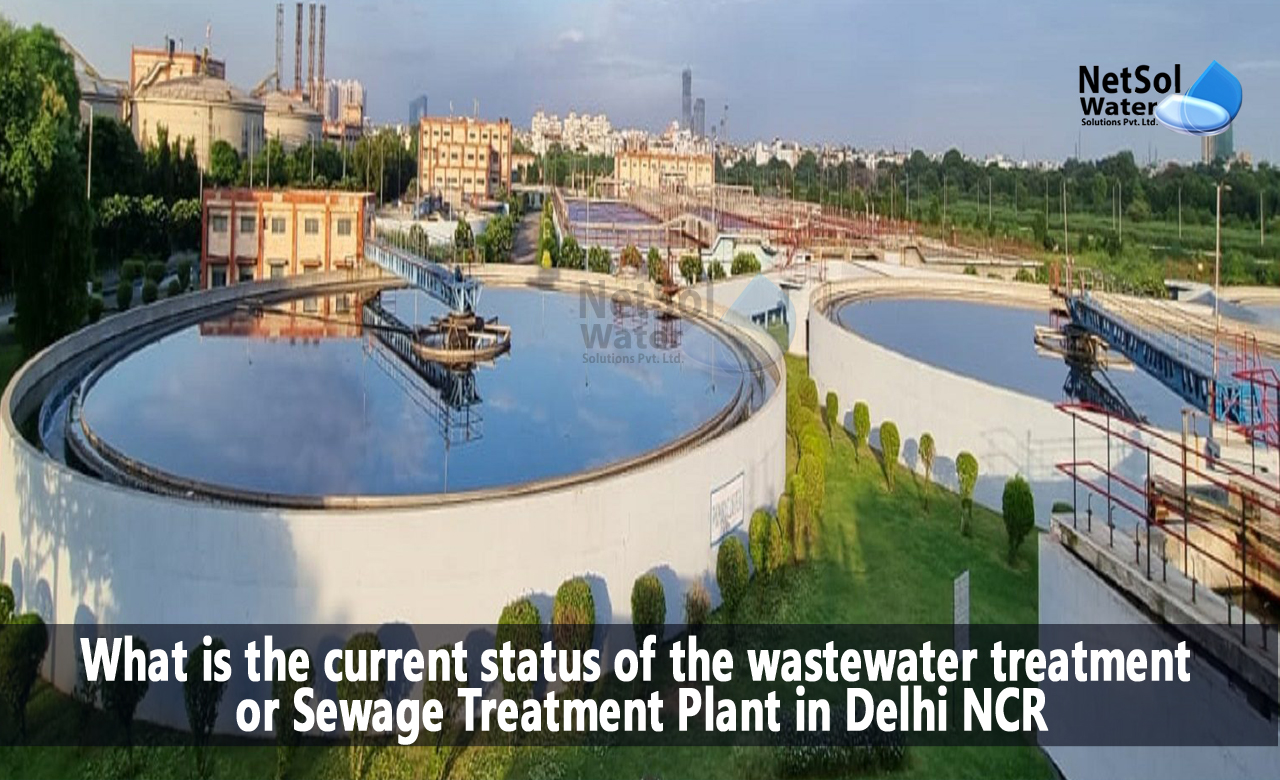What is the current status of the WWT/STP Plant in Delhi NCR?
Delhi-NCR (National Capital Region) is one of the most populous and rapidly urbanising areas in India. With this growth comes the challenge of managing wastewater effectively to prevent environmental degradation and protect public health. This section delves into the current status of wastewater treatment and sewage treatment plants (STPs) in Delhi-NCR, highlighting the progress made and the areas that still require attention.
The Growing Need for Wastewater Treatment
The unprecedented urbanisation and industrialisation in Delhi-NCR have significantly increased the volume of wastewater generated in the region. This wastewater, if not properly treated and managed, poses a severe threat to the environment and public health. It can lead to water pollution, the contamination of groundwater sources, and the spread of waterborne diseases.
Current Initiatives and Progress
Delhi-NCR has made substantial strides in wastewater treatment and management:
Sewage Treatment Plants (STPs): The region has several STPs that are pivotal in treating sewage and industrial effluents. Delhi Jal Board (DJB) and other municipal bodies have taken significant steps to improve the capacity and efficiency of these plants.
Policy Initiatives: The government, at both the state and national levels, has introduced policies and regulations to improve wastewater management. Initiatives like the "Clean Ganga" mission have a direct impact on the Yamuna River, which flows through Delhi and are aimed at reducing pollution.
Technological Advancements: Delhi-NCR has been adopting modern and sustainable wastewater treatment technologies, including membrane bioreactors and tertiary treatment processes, to enhance the quality of treated water.
Public Awareness: Increasing public awareness about responsible water use and the importance of wastewater treatment has been a priority. Awareness campaigns and educational programs have helped to improve sanitation practices.
Challenges Ahead
Despite these efforts, several challenges persist:
Overloading of Existing Infrastructure: Existing STPs in the Delhi-NCR are becoming overloaded due to rising volumes of wastewater. This compromises their overall efficiency and hinders their ability to treat all incoming sewage fully.
Maintenance and Upgradation: To support the growth in the region, some STPs required maintenance and upgrading. This may result in low efficacy and inefficiencies because of ageing infrastructure.
Industrial Effluents: Another challenge is the release of untreated or insufficiently treated industrial effluents. Improving water quality demands controlling industrial pollution.
Groundwater Contamination: Groundwater is the primary source of drinking water in the area and can be polluted by inadequate wastewater treatment. Preventing this contamination is essential.
Solid Waste Management: Attention should be paid tomanaging solid waste and sewage sludge from STPs. Options of sustainable disposal and reuse need to be investigated.
The Way Forward
To address these challenges and achieve better wastewater treatment in Delhi-NCR, the following actions are essential:
Investment and Expansion: Critical investments should be made towards expanding and upgrading the wastewater treatment infrastructure, such as building new sewage treatment plants and increasing the capacity for already established ones.
Industrial Compliance: It is essentialto reduce industrial pollution to ensure industries comply with environmental regulations. This requires close monitoring and implementation of strict rules.
Efficient Operations: Better operation and maintenance of STPs will enhance their sustainability and effectiveness in the long run.
Recycling and Reuse: By advocating for recycling and reusing of water, it becomes easy to reduce the pressure exerted on freshwater sources and ease the pain of disposing ofwastewater.
Integrated Planning: Long-term sustainability cannot be attained without a comprehensive view of wastewater management, urban planning, and climate resilience.
Conclusion
The wastewater treatment in Delhi-NCR has been quite encouraging, but rapid urbanisation and a rapidly growing population in the region present continuous challenges.
Achieving comprehensive and sustainable wastewater management requires an ongoing commitment, compliance with policy, and public education efforts. To see a cleaner and healthier future for Delhi-NCR, there should be a joint effort between government authorities, environmental agencies, industries and the public.
Netsol Water is Greater Noida-based leading water & wastewater treatment plant manufacturer. We are industry's most demanding company based on client review and work quality. We are known as best commercial RO plant manufacturers, industrial RO plant manufacturer, sewage treatment plant manufacturer, Water Softener Plant Manufacturers and effluent treatment plant manufacturers. Apart from this 24x7 customer support is our USP. Call on +91-9650608473, or write us at enquiry@netsolwater.com for any support, inquiry or product-purchase related query.



